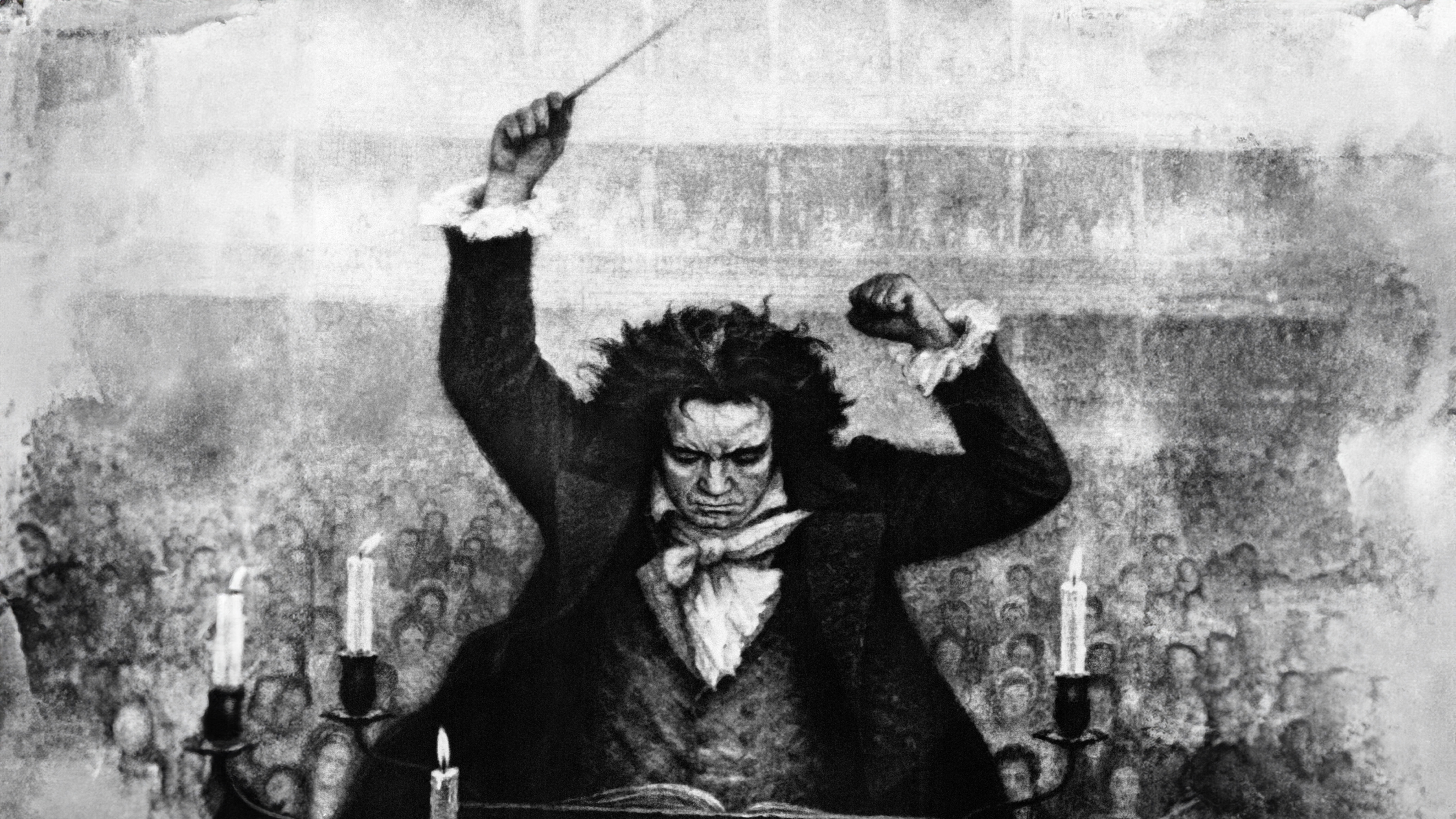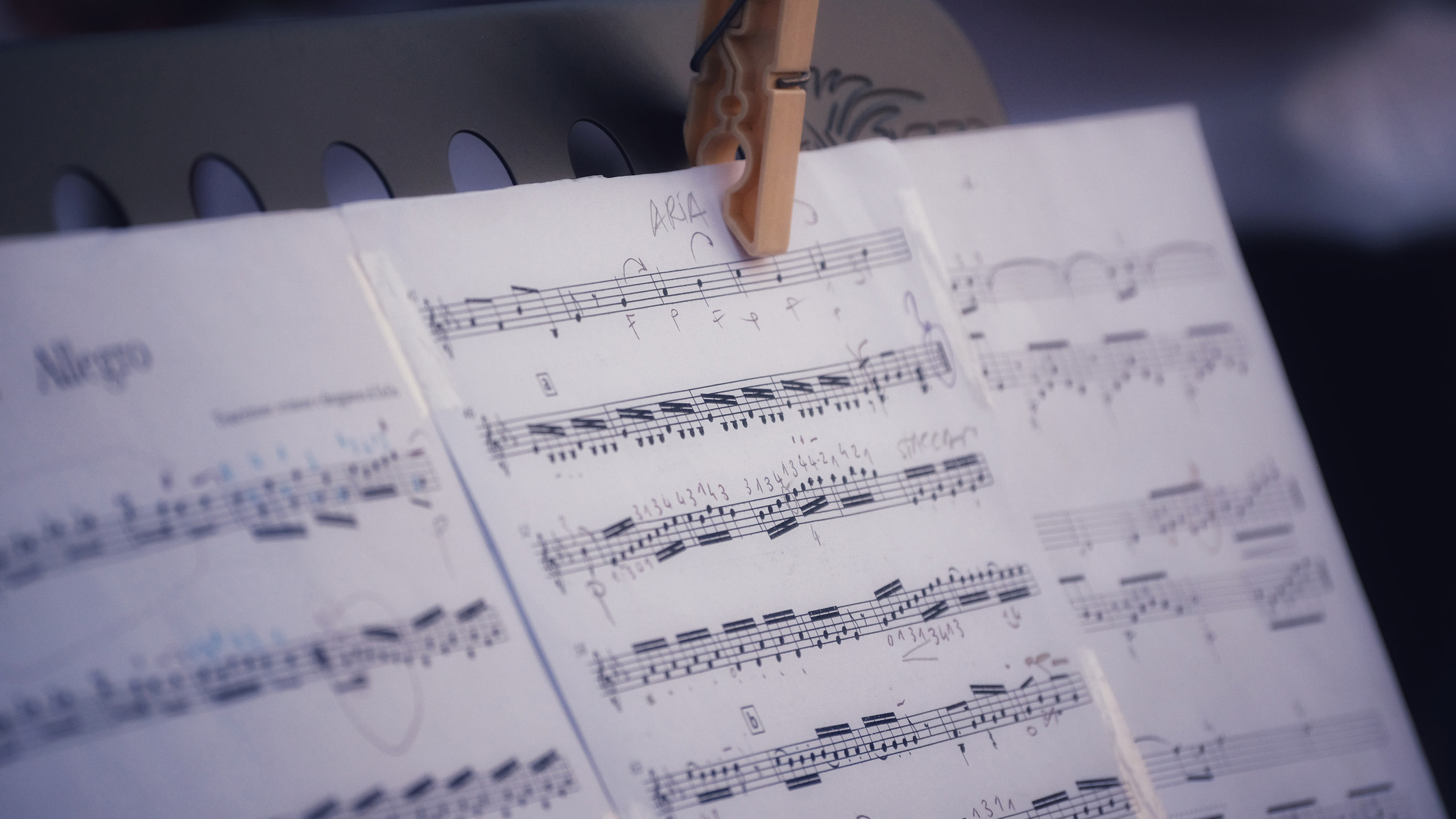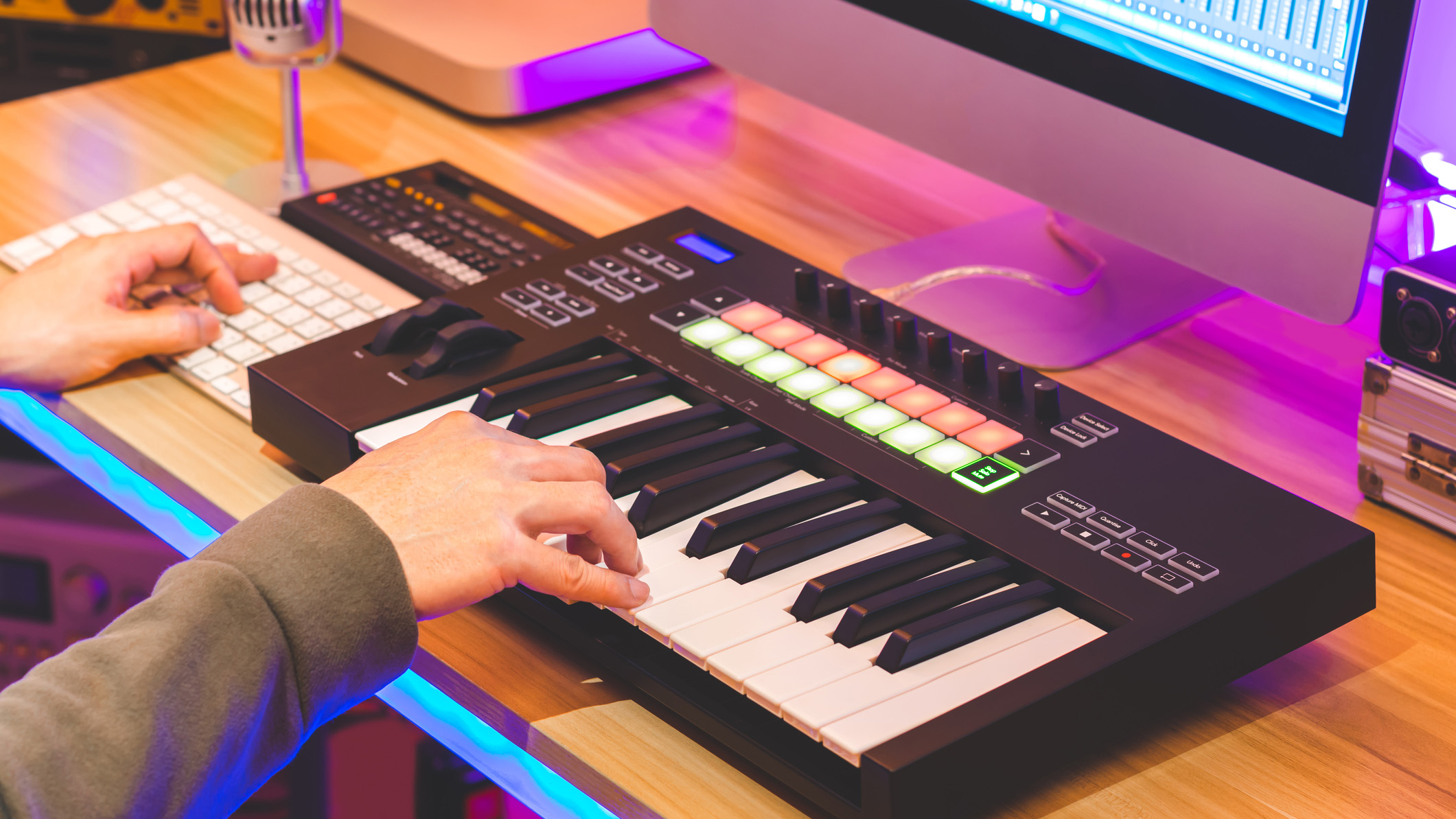Why you should care about music theory - and 5 reasons you maybe shouldn't
From half diminished chords to phrygian modes; music theory can be both a help and a hindrance to many, but do you really need it in order to be a great musician?

Want all the hottest music and gear news, reviews, deals, features and more, direct to your inbox? Sign up here.
You are now subscribed
Your newsletter sign-up was successful
Do you need to learn music theory to be a great musician? No you don’t, but in many cases, it really can help. That’s the extremely short answer, however there’s a lot more to it than just that.
Music theory is the knowledge and, well, theory behind music: notes, scales, melody, harmony, rhythm and more make up the music that we hear and play. Music theory is almost like the language or framework that makes it up. Some players like to learn theory as they start playing an instrument, some investigate a little later on, and some never learn it at all. There’s no right or wrong way to do it.
You don’t need to know music theory to learn an instrument, master it, write songs or produce music. Some people find it restrictive, confusing, unnecessary or all of the above.
Some, however, find that it unlocks a whole new side to music, makes it easier to learn and write songs, and just generally makes them a better musician.
Here we will look at the pros and cons of learning music theory. Of course, we’ll have to make some generalisations now and again. Music is so subjective, and many players will carve out their own path, and that’s okay.
Music theory pros

1. It gives you a greater understanding of music
By learning theory, you gain more knowledge about what’s going on within music. For some people, without theory it’s like they can only see in black and white - you can get by and see everything you need to, but as you learn theory, you gradually start to see everything in colour.
Before, you saw a tree, but now you see the different shades of leaves, and the various colours of branches etc. In terms of music, you heard a guitar solo, and it sounded great, but after learning about music theory, you can hear and identify the different rhythms being played, and certain scales being utilised.
Want all the hottest music and gear news, reviews, deals, features and more, direct to your inbox? Sign up here.
As you learn about theory, you’ll likely be able to hear things within the music you listen to and understand it. This can be on a simple level like being able to tell whether something is in a major or minor key, or more complex, like being able to hear which mode a guitarist is using in a solo.
You might hear something and quickly recognise the melodic minor scale, or mixolydian mode for example, and that makes it easier to pick up your instrument and play what you’ve heard. You can then incorporate that into your own music.
Knowing various scales can help you improvise too, particularly with solos. If you’ve got all the different modes under your belt then you can quickly whip out whichever one(s) will best serve the music you’re playing.
2. It can unlock things
Some players say that learning theory helped them unlock certain styles of playing or particular sets of chords. I know that for me personally, how I used chords on the guitar changed quite quickly the more theory I learned.
For example, knowing how to harmonise the major scale in sevenths can help you write better chord sequences; you don’t always have to add in a 7 or half diminished chord, but doing so now and again can really help add some more depth to your music.
Some players say that learning theory helped them unlock certain styles of playing or particular sets of chords
Even just learning some scales that aren’t the major, minor or pentatonic can unlock a whole new and exciting side to soloing. You might learn a scale that’s only one note different to one you already know, but it gives the music in which you use it a completely different feel.
For example, one of the solos in Sweet Child O’ Mine uses the harmonic minor scale - that’s only one note away from being the regular minor scale, but it gives it a massively different vibe.
3. You can expand on what you already know
Say you know a load of cool chord sequences; knowing some theory might help you add to these chords to make them sound more colourful. A major 9 chord might work better than a standard major chord, for example. You can add your theory knowledge to what you already know to build on it.
Say you’re now soloing over that chord sequence, you could use your knowledge of scales to hit the note that makes it a 9, just as the chord hits. That’s not to say all of this is impossible if you don’t know theory, but arming yourself with that knowledge gives you a better understanding of what’s going on at all times.
4. It can help you communicate with other musicians
Knowing music theory is almost like being able to speak another language. This can then be used to discuss music more objectively with others when you’re playing, writing or recording together. Instead of saying “this chord, then this one, with the extra little finger on the fourth fret”, we can say “A major, then Eadd9” - it’s easier, it’s quicker and it leads to much less confusion.

5. It can help with songwriting and producing
Learning music theory definitely helps with songwriting and producing. It’s by no means essential to writing a great song, as many hit-writers will attest to (Paul McCartney didn’t know much theory when he wrote some of the greatest songs of all time).
That said, if I’m struggling with where to take a song, I’ll often use theory to conjure up a chord sequence, top line or interesting harmony, for example. It can also help with layering parts and instruments if you’re arranging or producing a song; knowing what notes will work together or clash before they’re even played.
In many cases, if you’ve been teaching yourself for a bit and you’re advancing well, you probably do know bits of theory without knowing that you do. Learning theory gives you a systematic framework with which to apply what you might have known for a while on a more subconscious level.
6. Notable theory buffs
Some famous musicians that are known to be pretty savvy with music theory include the members of Queen, Björk, Steve Vai, Herbie Hancock, Elton John, Ariana Grande, Eddie Van Halen (though he didn’t really read music), Jonny Greenwood, Lady Gaga, Jacob Collier, Alicia Keys, Charlie Puth and more.
Music theory cons

1. It can be restricting
All these ‘rules’ can stop you from experimenting. Knowing that certain notes fit in a certain scale might prevent you from trying out new and exciting things. Just because a note or chord doesn’t ‘belong’ in a certain scale or key doesn’t mean that it won’t sound good when used. Is there such a thing as knowing too much? Some players certainly think so.
That said, just because you know the rules doesn’t mean you have to abide by them. While some claim that theory can prohibit your creativity, myself and many others I know don’t find that to be the case. Also, take someone like Frank Zappa for example - he was classically trained and knew theory well, and it would be difficult to claim that he wasn’t creative or experimental.
Of course, it depends on your personality and everyone is different, but the framework that music theory provides can be more of a hindrance than a help to some musicians.
2. It can be confusing
Diminished, augmented, dominant, add13, minor, major - there are loads of words and terms that make up the language of music theory, and it can be incredibly confusing; daunting even. If you’re new to it and you look at the last page of a theory book, it can be overwhelming. If this is the case, don’t worry, you can always look at it later down the line, if ever. You also don’t want it to discourage you from playing your instrument, singing etc.
3. It isn’t for everyone
People learn music in different ways. Not everyone will find that theory helps them. Some players will get further along, more quickly by learning by ear, or looking at videos or TABs etc. Some people liken music theory to maths or science, and not everyone likes to see music that way, preferring to find their way around it through feel and emotion. However you learn, with theory or not, there’s nothing stopping from becoming a great musician.

4. Isn’t music supposed to be fun?
If you’re playing music as a hobby, for fun, then you might not want to be getting out exercise books and learning what is essentially a new language, just to play a few tunes. Learning to read music, remember scales, or what a dominant and major seven is isn’t everyone’s idea of a good time, and that’s fine. Some players might find that they enjoy music or playing an instrument more with the knowledge that music theory gives them, but for others, it can be a bit of an unnecessary chore.
5. Notable non-theory musicians
Some musicians that aren’t famed for their knowledge of music theory include Paul McCartney, Aretha Franklin, Noel Gallagher, Michael Jackson, Taylor Swift, Slash, Dave Brubeck, Joni Mitchell, Stevie Wonder and loads more. It’s likely that most of these do have some theory knowledge, but don’t read music, or rely on it. It goes to show that you really can ‘know’ music and come up with some amazing, world-changing stuff without being a theory buff.
After spending a decade in music retail, Richard is now a freelance writer for MusicRadar, Guitar Player, Guitar World and Reverb, specialising in electric and acoustic guitars, bass, and almost anything else you can make a tune with. When his head’s not buried in the best of modern and vintage gear, Richard runs a small company helping musicians with songwriting, production and performance, and plays bass in an alt-rock band. Otherwise, you'll probably find him out walking the dog!
You must confirm your public display name before commenting
Please logout and then login again, you will then be prompted to enter your display name.
